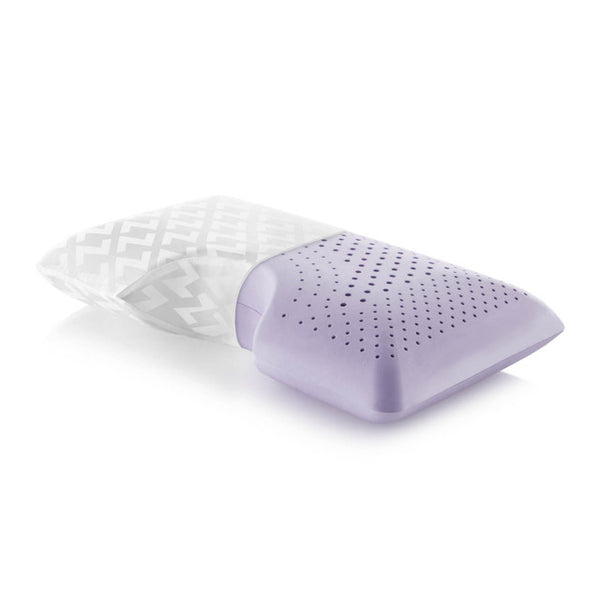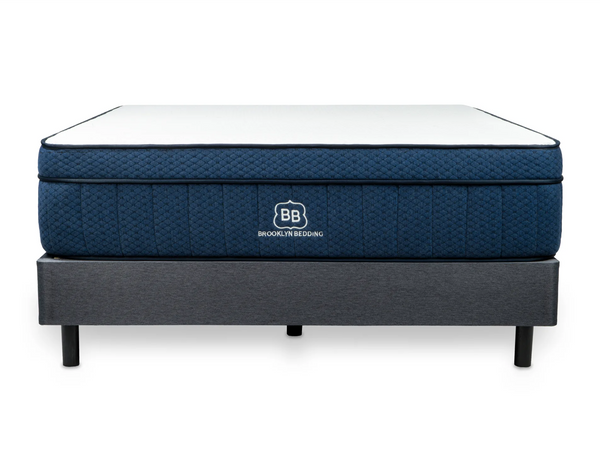
Frequently Asked Questions
1. How does sleep affect productivity?
2. What are the basic stages of sleep?
3. What are some practical tips for improving sleep hygiene?
4. What is sleep debt and how can it affect productivity?
Have you ever found yourself staring blankly at your computer screen, unable to focus? Or perhaps you’ve had those mornings where the alarm goes off, but you feel more tired than ever? The secret to overcoming these productivity roadblocks may lie in a simple yet often overlooked factor: sleep. In this blog post, we’ll explore the profound connection between sleep and productivity, uncovering how better rest can enhance your focus, creativity, and overall work performance.
Understanding Sleep: The Basics
Before diving into the connection between sleep and productivity, it’s essential to understand what sleep actually is. Sleep is a natural state of rest for the mind and body, characterized by altered consciousness, reduced sensory activity, and inhibition of muscle activity. It’s during this time that our bodies repair, rebuild, and rejuvenate.
The Stages of Sleep
Sleep is categorized into two main types: REM (Rapid Eye Movement) and non-REM sleep. Both types serve critical functions in regulating our physical and mental health.
- Non-REM Sleep: This includes three stages: light sleep, deep sleep, and transitional sleep. Each stage plays a vital role in physical restoration and memory consolidation.
- REM Sleep: This is the stage where most dreaming occurs. It’s crucial for memory integration and emotional processing.
The Science Behind Sleep and Productivity
Studies have consistently shown a strong correlation between sleep quality and productivity. But what exactly happens when we skimp on sleep? Understanding the science can offer valuable insights for both personal and professional growth.
Cognitive Functions
Lack of adequate sleep can impair various cognitive functions, including:
- Attention: Sleep-deprived individuals often find it hard to maintain focus on tasks.
- Memory: Our brain processes and consolidates memories during sleep. Insufficient sleep can hinder this process, making it difficult to retain information.
- Problem-Solving: Creativity and critical thinking skills take a hit when we’re not well-rested.
Emotional Regulation
Sufficient sleep helps in regulating emotions. Poor sleep can lead to increased stress, anxiety, and irritability, which in turn can affect workplace relationships and overall job satisfaction.
The Productivity Boost from Quality Sleep
With a solid understanding of how sleep impacts cognitive functions, let’s explore how embracing a good sleep routine can lead to measurable improvements in productivity.
Improved Focus and Concentration
Imagine walking into a meeting well-rested and alert, ready to tackle challenges head-on. Quality sleep enhances our ability to concentrate, allowing us to engage more effectively in critical tasks and meetings.
Increased Creativity
Sleep allows the brain to form new connections, giving rise to innovative thinking. Well-rested individuals are more likely to generate creative solutions to problems, making them invaluable team members.
Enhanced Problem-Solving Skills
When you’re well-rested, your brain is better equipped to process information and analyze it from various perspectives, leading to improved decision-making capabilities.
Practical Sleep Tips for Boosting Productivity
Now that we’ve discussed the importance of sleep for productivity, here are some practical tips to help you improve your sleep hygiene and, consequently, your work performance.
Establish a Consistent Sleep Schedule
Going to bed and waking up at the same time every day helps to regulate your body’s internal clock and can improve the quality of your sleep.
Create a Restful Environment
Your sleeping environment plays a significant role in your sleep quality. Keep your bedroom cool, dark, and quiet, and invest in comfortable bedding.
Limit Screen Time Before Bed
The blue light emitted by screens can interfere with your body’s production of melatonin. Aim to turn off your devices at least an hour before bedtime.
Practice Relaxation Techniques
Incorporate relaxation techniques such as meditation, deep breathing, or gentle yoga into your nightly routine to help signal to your body that it’s time to wind down.
Sleep Debt: The Hidden Culprit
Many people operate under the misconception that they can “catch up” on sleep during weekends. However, sleep debt can accumulate, and the effects of sleep deprivation can linger long after you’ve had a few late nights.
Understanding Sleep Debt
Sleep debt is the difference between the amount of sleep you need and the amount you actually get. Over time, this debt can lead to various health issues, including impaired immune function and higher stress levels, further affecting productivity.
Strategies to Manage Sleep Debt
To mitigate sleep debt, consider these approaches:
- Pace Yourself: Avoid pulling all-nighters. Instead, aim for a steady and consistent sleep schedule.
- Short Naps: If you’re feeling sluggish during the day, a brief 20-minute nap can boost alertness.
- Stay Hydrated: Dehydration can impact your sleep quality. Ensure you’re drinking enough water throughout the day.
The Role of Nutrition in Sleep Quality
What you eat can significantly influence your sleep quality. A diet rich in whole foods and low in processed sugars can help improve your overall sleep experience.
Foods to Include
Consider incorporating the following sleep-enhancing foods into your diet:
- Complex Carbohydrates: Foods like whole grains and legumes can help improve sleep quality.
- Lean Proteins: Foods rich in tryptophan, such as turkey, can promote the production of sleep-regulating hormones.
- Fruits and Vegetables: These are rich in vitamins and minerals that enhance sleep, particularly magnesium and potassium.
Foods to Avoid
On the flip side, some foods and beverages can negatively impact your sleep:
- Caffeine: Limit caffeine intake in the afternoon and evening to avoid disturbances in your sleep cycle.
- Heavy Meals: Avoid large, rich meals late at night that can lead to discomfort and unrest.
- Alcohol: While alcohol may initially make you feel sleepy, it can disrupt sleep patterns and reduce overall sleep quality.
Sleep's Impact on Physical Well-being
Productivity isn't just a mental endeavor; it’s also physical. The benefits of sleep extend to your physical health, enhancing your energy levels and ability to perform daily tasks effectively.
Immune Function
Quality sleep is essential for maintaining a robust immune system. Sleep deprivation can decrease your body’s ability to fend off illnesses, which can take you away from your work and decrease productivity.
Energy Levels
Being well-rested means better energy levels, which directly translates to improved performance in daily tasks and responsibilities.
Looking Forward: Your Path to Better Sleep
Embracing the science-backed relationship between sleep and productivity can lead to significant improvements in your overall life. A well-rested individual is poised to engage more fully in their work, think creatively, and collaborate effectively with their team. Prioritizing sleep is not merely a luxury; it’s an essential component of personal and professional success.
As you embark on your journey to better sleep, remember that it might take time to develop new habits. Think of sleep not only as a daily necessity but as a vital investment in your health and productivity. With consistent effort, proper nutrition, and a commitment to self-care, you won't just sleep better—you'll live better.









